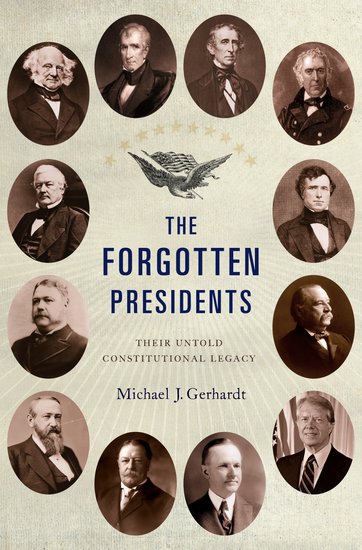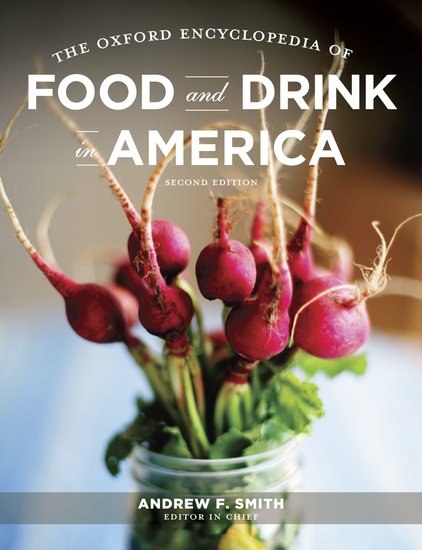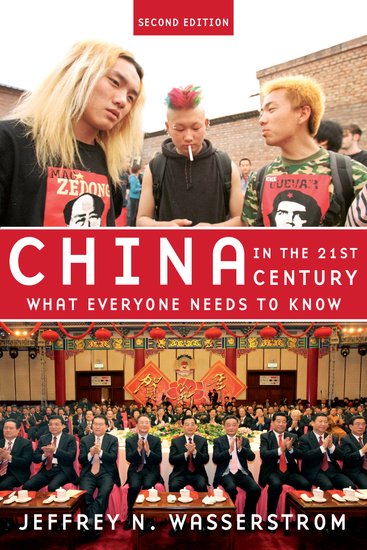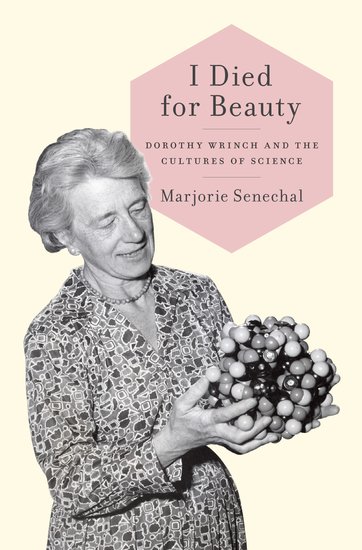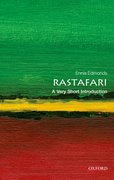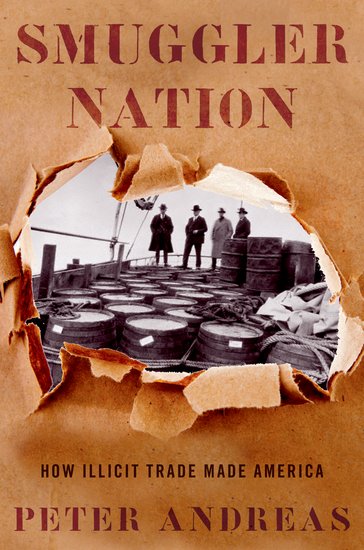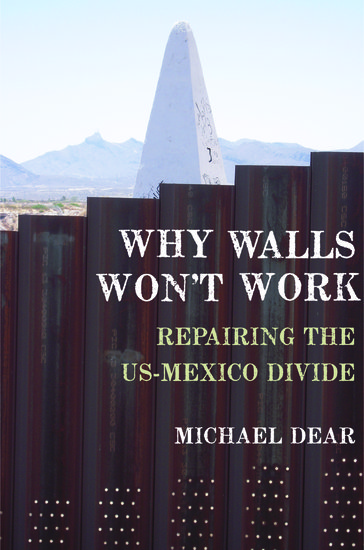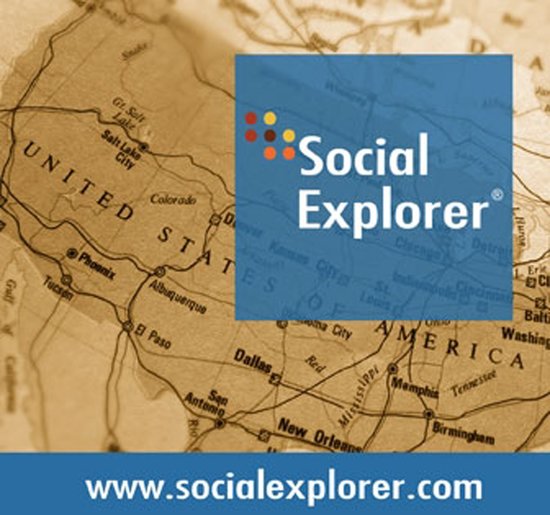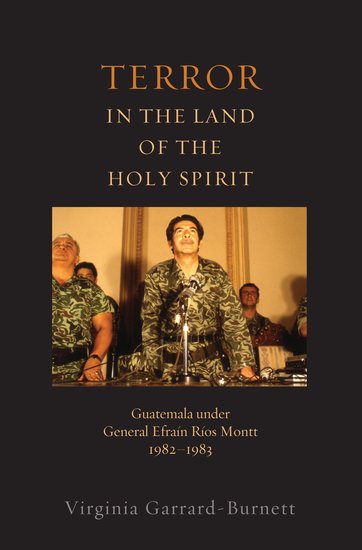The presidents that time forgot
By Michael J. Gerhardt
If you think that Barack Obama can only learn how to build a lasting legacy from our most revered presidents like Abraham Lincoln, you should think twice. I am sure that Obama knows what great presidents did that made them great. He can also learn, however, from some once popular presidents who are now forgotten because they made mistakes or circumstances that helped to bury their legacies.

